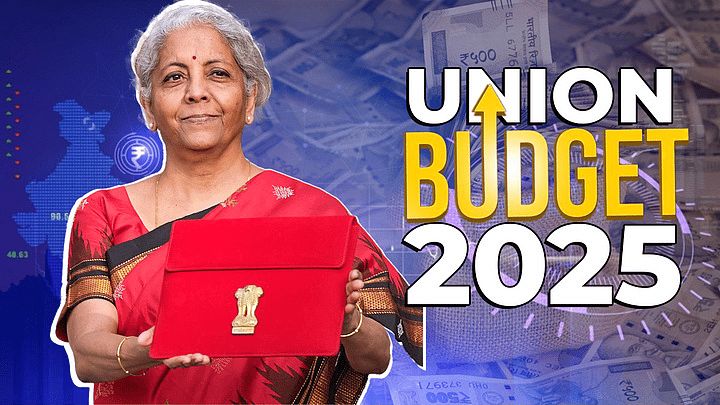
Mumbai: Students and teachers from social science backgrounds have criticised the Union Budget 2025-26, arguing that the government is systematically commodifying education, making it inaccessible to marginalised communities. With just 0.5% of GDP and 2% of the budget allocated to education, critics say public institutions are being underfunded while private sector involvement is being prioritised.
The PM-Poshan scheme, which includes mid-day meals, has received a nominal 0.2% increase, from Rs 12,467.39 crore to Rs 12,500 crore, translating to just five paise more per child.
“This comes despite government data from June 2024 showing 17% of children underweight, 36% stunted, and 6% wasted,” said a statement by Progressive Students’ Forum, a students’ group at the Tata Institute of Social Sciences (TISS). Meanwhile, Saksham Anganwadi funding has also been reduced, reflecting what critics call a lack of urgency in tackling malnutrition.
School education funding has risen from Rs 73,008 crore to Rs 78,572 crore, but given the chronic underutilisation of funds, students remain sceptical. “It is a deceptive increase. If funds are not fully utilised, how will adding more help? The government wants to create an illusion of investment while actively withdrawing from public education,” a Delhi University (DU) professor told the Free Press Journal requesting anonymity.
Higher education has seen a mere 5% increase, from Rs 47,619.77 crore to Rs 50,077.95 crore, which, when adjusted for inflation, amounts to no real growth. A professor at TISS Mumbai told the FPJ, “The government is systematically excluding disadvantaged students by underfunding public institutions while encouraging private education.”
A postgraduate student in political science at TISS added, “Public education is deliberately being made unaffordable so that only the privileged can access quality higher education.”
A major concern is the Rs 20,000 crore allocated to a private-sector-led research initiative, while public research funding has been slashed by nearly 8% to Rs 27 crore. “Knowledge is being shaped for corporate interests rather than public welfare,” said a sociology student.
"This highlights the growing orientation of scientific and technological innovations towards the needs of private capital and market and away from societal concerns,” added PSF.
Meanwhile, funding for the World Class Institutions scheme has been cut by 73%, from Rs 1,800 crore to Rs 475.12 crore, while “Indian Knowledge Systems” funding has jumped from Rs 10 crore to Rs 50 crore, raising fears of an ideological shift. “Instead of strengthening existing research institutions, money is being redirected to unscientific, ideological projects,” said an assistant professor from at DU.
Infrastructure remains neglected, with capital expenditure for IITs and IIMs slashed by 7%, from Rs 11.06 crore to Rs 10.27 crore. “The University Grants Commission’s budget is 47% lower than in 2023-24, and central universities must now allocate over 3% of their grants to HEFA loan repayments. HEFA loans have surged from Rs 372 crore to Rs 462 crore, increasing private capital’s hold on public universities and threatening their autonomy,” said PSF.
“HEFA loans are making universities financially dependent on private funding, forcing them to prioritise industry-driven courses over societal needs,” said the DU professor.
“This budget confirms the government’s agenda of dismantling public education. By reducing funds for higher education and research while promoting private investment, the state is making quality education a privilege rather than a right,” PSF stated.
Students argue that the National Education Policy (NEP) 2020 is accelerating privatisation, restricting access for disadvantaged groups and pushing India’s universities further away from global academic excellence.